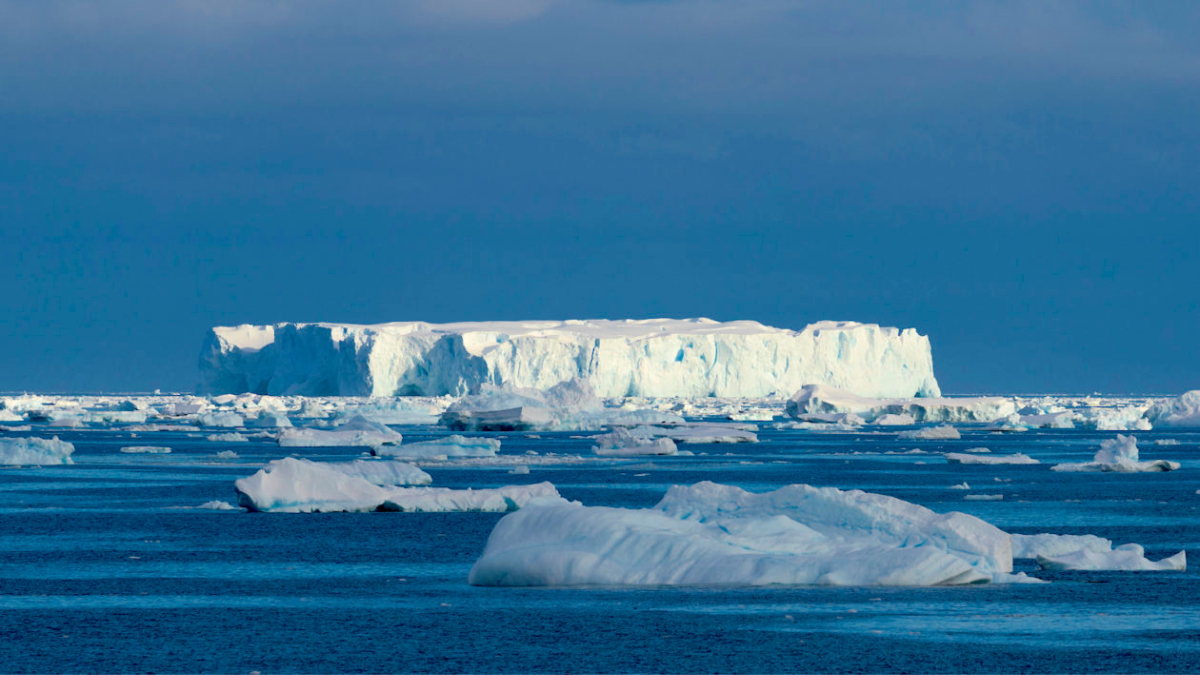The Atlantic Ocean’s Meridional Overturning Circulation (MOC) has been the subject of the Intergovernmental Panel on Climate Change (IPCC) careful assessment of the potential effects of climate change on the North Atlantic deep-water formation for several decades. This crucial element of the Earth’s climate system has a big impact on controlling patterns of global temperature. The IPCC’s 2007 Fourth Assessment Report, which represented the culmination of these assessments, predicted that the MOC will likely slow down throughout the 21st century.
The IPCC’s drafting team came to the conclusion that a slowdown in the Atlantic Ocean MOC over the 21st century was very probable in the 2007 4th Assessment Report. The paper also stressed that a significant abrupt change in the MOC’s behavior was not expected to happen at the same moment. This judgment was the outcome of meticulous analysis and modeling, which reflected the teamwork of researchers and climate experts.
The reliability of the scientific community’s understanding of the North Atlantic deep-water formation and its connection to climate change is demonstrated by the consistency of findings across numerous assessment reports. The results of the 2007 research were reiterated in the 5th Assessment research in 2013 and the 6th Assessment Report in 2021, highlighting the persistent likelihood of a slowing in the MOC’s circulation patterns. Given the improvements in climate modeling and observational data over time, this consistency is particularly notable.
Independent research organizations have further supported the conclusions reached by the IPCC. Similar conclusions were reached in “Abrupt Impacts of Climate Change: Anticipating Surprises,” a 2013 study from the National Academy of Sciences. This convergence of results from various scientific fields emphasizes how solidly the conclusions about the North Atlantic deep-water formation slowdown have been drawn.
The predicted slowing of the MOC in the Atlantic Ocean will have significant effects on the global climate. The MOC has a significant impact on weather patterns, sea levels, and marine ecosystems by dispersing heat around the globe. The dynamics of ocean currents could change as a result of a disruption in this circulation, thereby causing regional climatic shifts and accelerating climate change.
ALSO READ: Kuwait Intensifies Efforts to Deport Expats Violating Laws
The findings that have persisted in several assessment reports and independent research investigations highlight the consensus among scientists that the North Atlantic deep-water development is likely to slow down. The assessments of the IPCC are essential resources for researchers, policymakers, and the general public to comprehend the possible effects of climate change. These analyses continue to be crucial in guiding plans to lessen the effects of a climate change and adapt to its challenges as we struggle with the difficulties brought on by climate change.


















